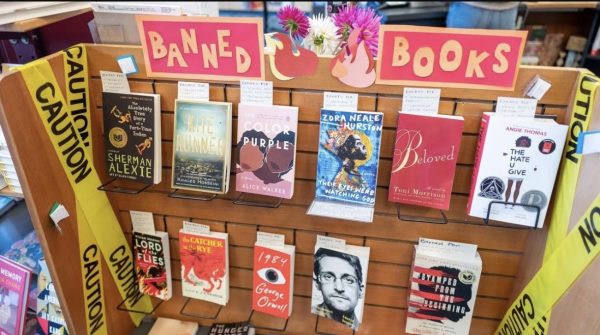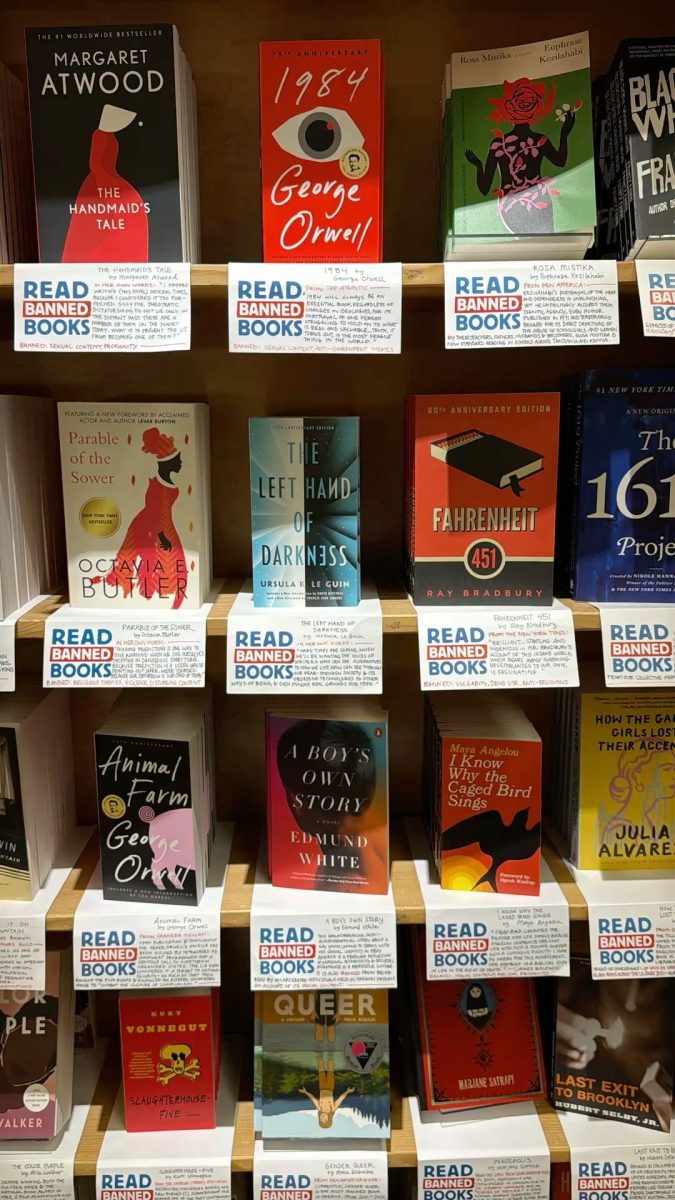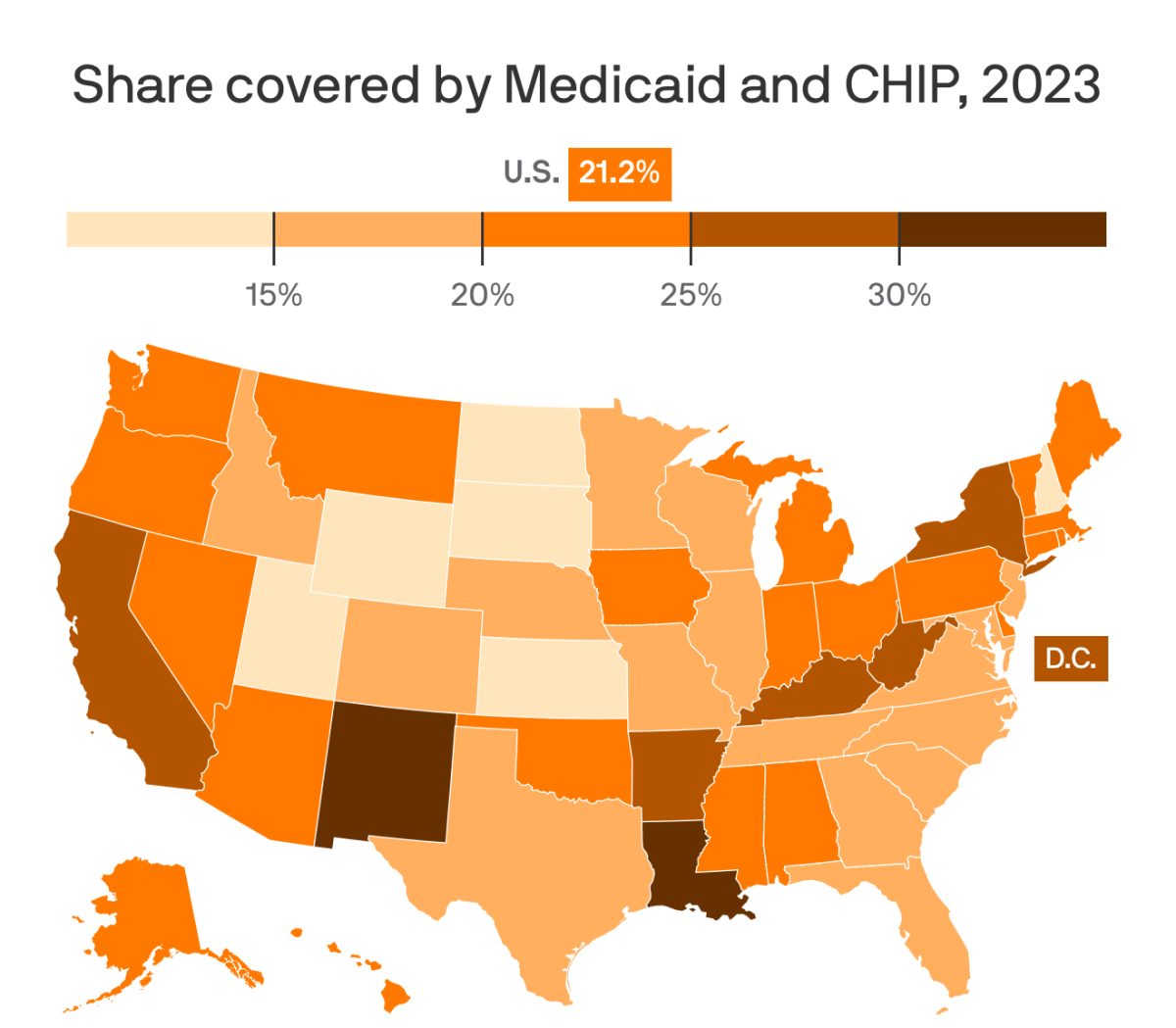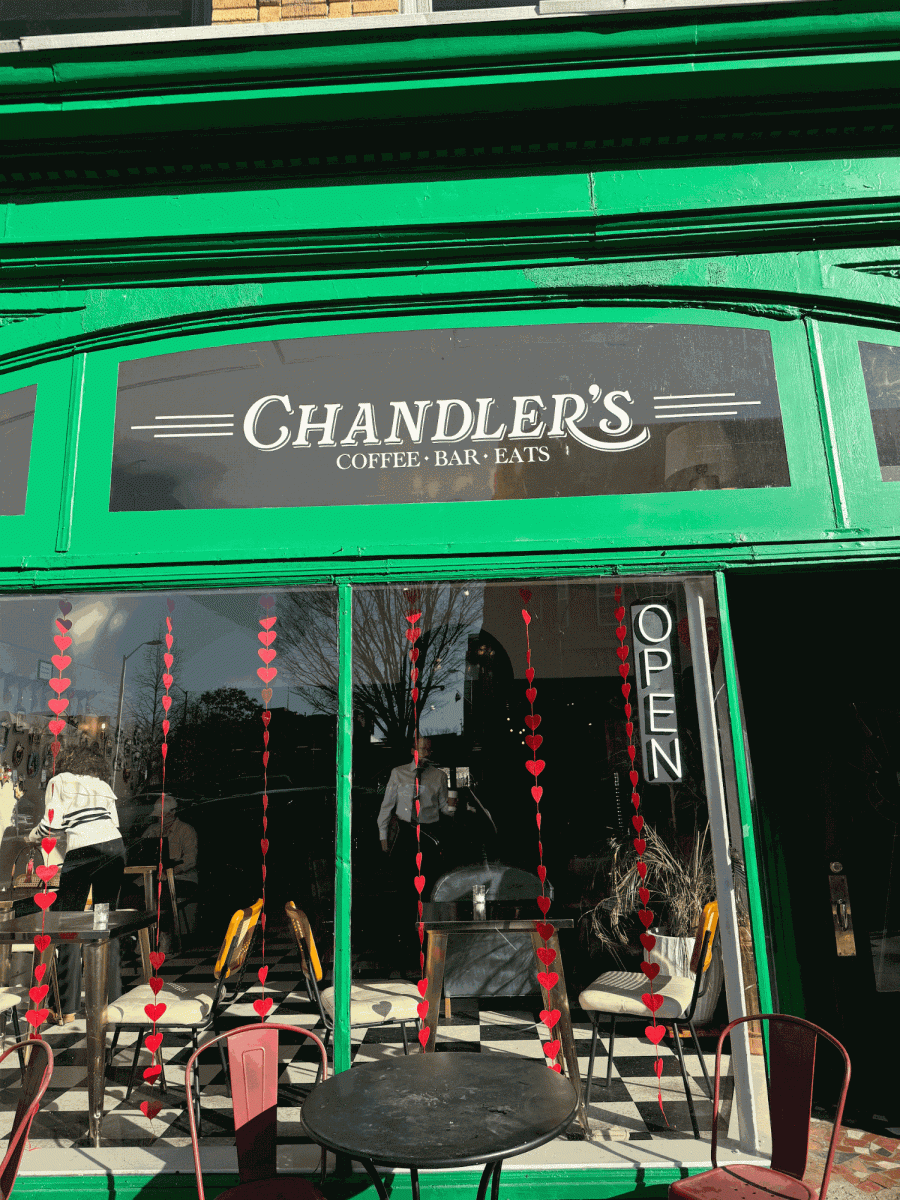School systems and parent-teacher associations taking action to ban books is not new, but the generation of young people protesting these bans is.
Books have been challenged, banned and even burned since the burning of the Library of Alexandria in 48 BC. Knowledge is power, and restricting reading materials will only result in more ignorance– which is the last thing our country needs.
‘And Tango Makes Three’ by Justin Richardson and Peter Parnell, ‘Beloved’ by Toni Morrison, ‘1984’ by George Orwell, and ‘The Hate U Give’ by Angie Thomas are all books that were widely banned during the years 2010-2019.
Although students at N.C. A&T are studying subjects at the collegiate level, without the authors and literary narratives we were exposed to as young children, our lives and outlook on life would be completely different.
“I think that these book bans can be discriminatory, specifically books that are being banned are [written by] Black authors, filled with Black history,” India Brunson, a junior biology student said. “Banning these books I feel not only washes away our history but creates a perception that these books are bad or a threat– when it’s merely just the truth about American history.”
A large number of frequently banned books highlight characters of minority communities, often those who are black and brown or LGBTQ+. Books that highlight diverse perspectives encourage critical thinking within readers and inspire them to learn and look at our society with fresh eyes.

“Reading has made me such a better person. I feel as though my attitude towards reading has changed– I’m not just reading to say I’m reading, I’m reading with a purpose,” Brunson said.
Reading is a fundamental skill that everyone should have equal access to.
“Reading [has] definitely molded me as a person, and encouraged me to have a mind of my own, as well as being my own personal source of guidance and advice.” Brunson shared.
Authors like Ray Bradbury, the author of Fahrenheit 451, have warned readers about the dangers of censorship and the negative impacts tyrannical governments can have on young people.
“I do think censorship is a problem in our society, especially as of recently,” Naomi Oliver, a sophomore pre-law liberal studies student said. “Censorship through books is a big problem– because people are using censorship for their own political, religious, and personal beliefs.”
To help bridge the gap, Banned Books Week has been celebrated across the country since 1982. The American Library Association (ALA) created this event to address the growing number of books being challenged in libraries, schools, and bookstores.
With books being banned left and right, what novels are going to be left for students to read?







